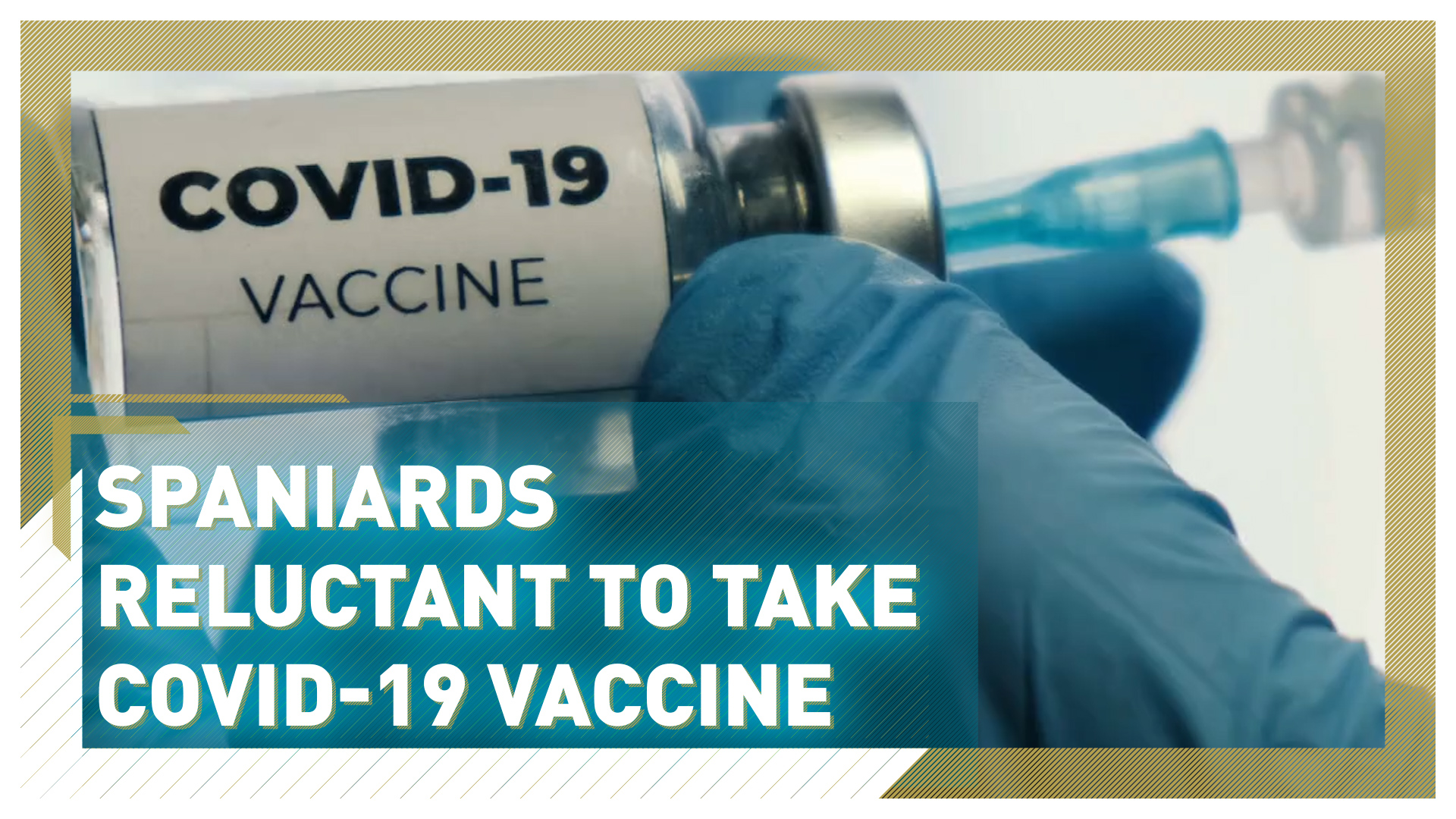01:51

A new survey has revealed that more than half of Spaniards are unwilling to be vaccinated against COVID-19 – and there are growing fears of a similar problem across Europe.
The poll of 2,130 people conducted by Spain's Center for Sociological Studies found that while a third of the population would be ready to take the COVID-19 vaccine immediately, the majority – 55.2 percent – would rather wait to see any effects on others. That figure is eight percent higher than the previous survey, carried out in early November.

CLICK: Watch the latest science and technology videos on RAZOR's YouTube channel
The Spanish government has announced a target of 15 to 20 million vaccinations by mid-2021 but that target may be out of reach if reluctant portions of the population don't change their stance.
Scientists have estimated that 60 to 90 percent of a country's population needs to be vaccinated against COVID-19, potentially every year, in order for countries to achieve herd immunity and prevent mass future breakouts.

Skepticism towards a vaccine in Europe is greater compared to the rest of the world. Studies have found that more than half of Spain's population don't want to be vaccinated, while 54 percent of people in France would also decline. /AFP
Skepticism towards a vaccine in Europe is greater compared to the rest of the world. Studies have found that more than half of Spain's population don't want to be vaccinated, while 54 percent of people in France would also decline. /AFP
Many European nations could struggle to achieve that percentage. In Italy, a separate study conducted by the SWG research institute has found that nearly 40 percent of Italians will opt not to take the vaccine.
The UK is set to begin its vaccination roll-out on Tuesday after receiving the first of the 40 million Pfizer/BionTech vaccine doses it has secured on Friday – but uptake could again be an issue.
In August, a study carried out by King's College and Ipsos Mori found that just 50 percent of the UK population would be willing to be vaccinated. It also revealed people ages between 16-34 were twice as likely to not want to take a vaccine as those over 55.
Similar research in France has uncovered the same reluctance to take a vaccine. In October, 54 percent of people surveyed by Ipos said they were skeptical about its effectiveness and would decline a vaccination.
The same study also found that 69 percent of people in Germany are willing to take a vaccine.

A study by Ipsos has found that millions of people living in European countries are reluctant to being vaccinated against COVID-19.
A study by Ipsos has found that millions of people living in European countries are reluctant to being vaccinated against COVID-19.
According to the Ipsos research, skepticism towards a vaccine in Europe is greater compared to attitudes across the rest of the world, with 73 percent of people globally willing to be vaccinated.
More than four in five in India, China's mainland, South Korea and Brazil say they would get a vaccine if available – compared to just over half in France and about two in three in the U.S., South Africa, Japan and Germany.
Half of adults globally (52 percent) say they would get vaccinated within three months after the COVID-19 vaccine is available to all. More than two thirds would do so in Mexico (71 percent), Brazil (68 percent), and China (68 percent), but fewer than four in 10 in France and Spain (38 percent both).
As many as 90 percent in China and 86 percent in South Korea say they would get vaccinated with the first year of the COVID-19 vaccine's availability, compared to just 54 percent in France.

